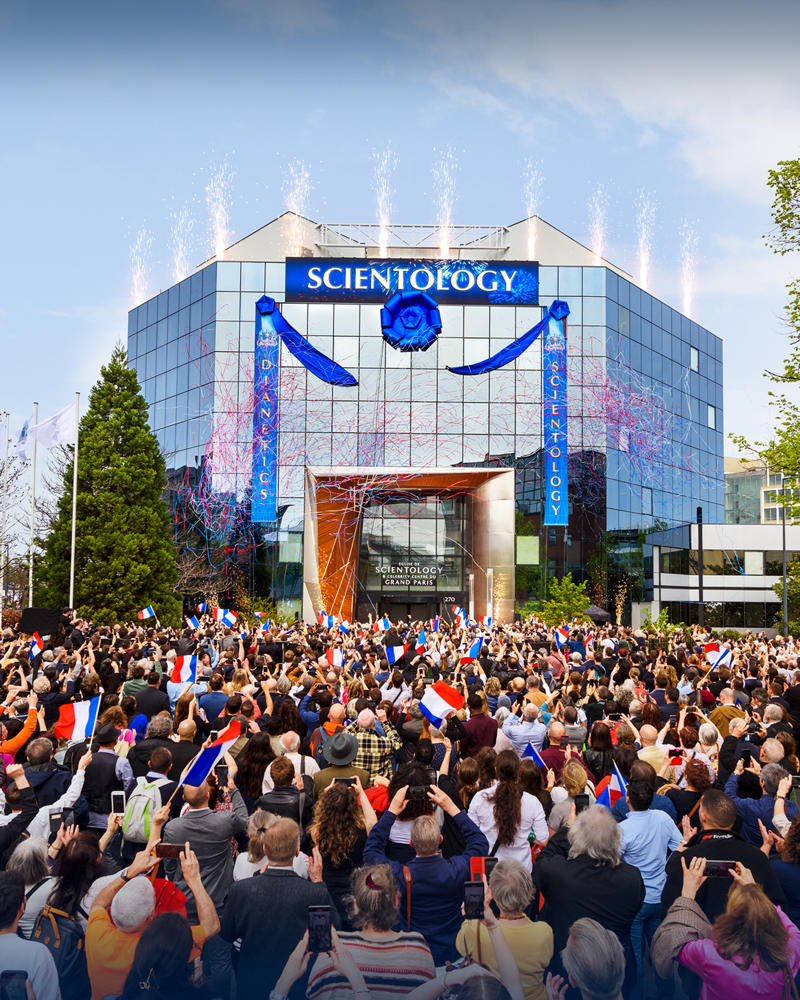Scientology in Pop Culture: Representations and Mistaken beliefs
Scientology in Pop Culture: Representations and Mistaken beliefs
Blog Article
Equipping the Mind: Unlocking the Tricks of Scientology
Scientology, a spiritual system started by L. Ron Hubbard in the 1950s, has actually garnered both intrigue and debate over the years. With its focus on accomplishing spiritual enlightenment and enhancing one's psychological wellness, Scientology offers an unique viewpoint on the human mind and heart.
The Beginnings of Scientology
When L. Ron Hubbard created the fundamental concepts of this controversial religious motion,The beginnings of Scientology can be mapped back to the early 1950s. Drawing from his earlier self-help system referred to as Dianetics, Hubbard increased his concepts to create what would end up being Scientology. In 1952, he released his seminal job, "Dianetics: The Modern Science of Mental Health And Wellness," which laid the groundwork for the beliefs and techniques that define Scientology today.
Hubbard's trainings revolved around the principle of the human mind as a database of past injuries, known as engrams, which hinder personal advancement and spiritual development. With a procedure called bookkeeping, followers of Scientology goal to free themselves of these engrams and accomplish a state of psychological clarity and spiritual knowledge called Clear.
The early years of Scientology saw fast development as Hubbard's ideas resonated with a section of the populace seeking alternative approaches to self-improvement and spiritual satisfaction. Despite encountering objection and dispute, Scientology has actually continued to develop and attract followers worldwide, forming the beliefs and lives of its participants.
Core Ideas and Practices
Exploring the fundamental tenets and routines of Scientology exposes a complex tapestry of ideas and techniques that assist adherents in their spiritual journey. At the core of Scientology is the idea in the never-ceasing spirit, called the thetan, which is viewed as real self that goes beyond the physical world (Scientology). Scientologists seek to lose negative past experiences through a process called auditing, where a therapist assists people deal with trauma and adverse emotions to reach a state of spiritual health
Central to Scientology is the method of Dianetics, a set of practices and concepts established by L. Ron Hubbard that aims to improve mental health and wellness and self-awareness. With Dianetics, followers strive to accomplish a state of "clear," where they are devoid of the unfavorable results of past injuries and can totally realize their spiritual potential.
Additionally, Scientology emphasizes individual growth and self-improvement with training courses and therapy sessions aimed at boosting interaction skills, connections, and general well-being. These techniques create the foundation of Scientology's approach to spiritual knowledge and empowerment.
Dianetics: The Science of the Mind
Diving into the midsts of Scientology reveals Dianetics as the fundamental science leading followers on a journey of psychological health and self-awareness. Developed by L. Ron Hubbard, Dianetics concentrates on the mind's responsive mind, which shops uncomfortable experiences, leading to unfavorable habits and emotions. The core facility of Dianetics is that these adverse experiences can be addressed with content a process called auditing, where people remember and challenge previous injuries to attain a state called Clear.
By recognizing and addressing these past stressful experiences, people aim to attain a state of mental quality and psychological health. Dianetics offers as a tool for people to understand the functions of their own minds and overcome restrictions that prevent individual growth that site and happiness.

Achieving Spiritual Knowledge
Structure upon the structure of Dianetics, the search of spiritual enlightenment within Scientology encompasses a profound journey in the direction of inner peace and transcendence. Attaining spiritual knowledge in Scientology involves a series of methods and trainings created to help people get to a state of greater understanding and understanding of themselves and the world around them.

Scientologists believe that by enhancing their understanding of the thetan and attaining a state of spiritual clearness, they can achieve a greater degree of consciousness and understanding (Scientology). This enhanced awareness is thought to cause a sense of internal peace, harmony, and connection to deep space
Using Scientology Principles
Using the fundamental concepts of Scientology in day-to-day life needs a deep understanding of its mentors and a dedication to individual development and advancement. One crucial aspect of using Scientology principles is the practice of enhancing communication abilities.
One more critical aspect of applying Scientology concepts is the idea of values and stability. Scientologists are motivated to live morally and honestly, taking responsibility for their choices and activities. Scientology. By aligning their habits with their principles and worths, people can cultivate a sense of honesty and self-respect
Furthermore, applying Scientology principles includes the pursuit of knowledge and self-improvement. Scientologists value constant learning and personal development, striving to increase their understanding of themselves and the world around them. Through study and representation, people can grow their expertise of Scientology mentors and incorporate them into their day-to-days published here live, promoting individual growth and empowerment.
Verdict
In verdict, Scientology, started by L. Ron Hubbard, is a religion that concentrates on attaining spiritual enlightenment through the method of Dianetics and adherence to its core ideas. By using Scientology concepts, followers look for to boost their psychological health and achieve a greater state of awareness. Through the research study and application of its mentors, individuals aim to open the keys of the mind and get to a better understanding of themselves and the globe around them.

Report this page